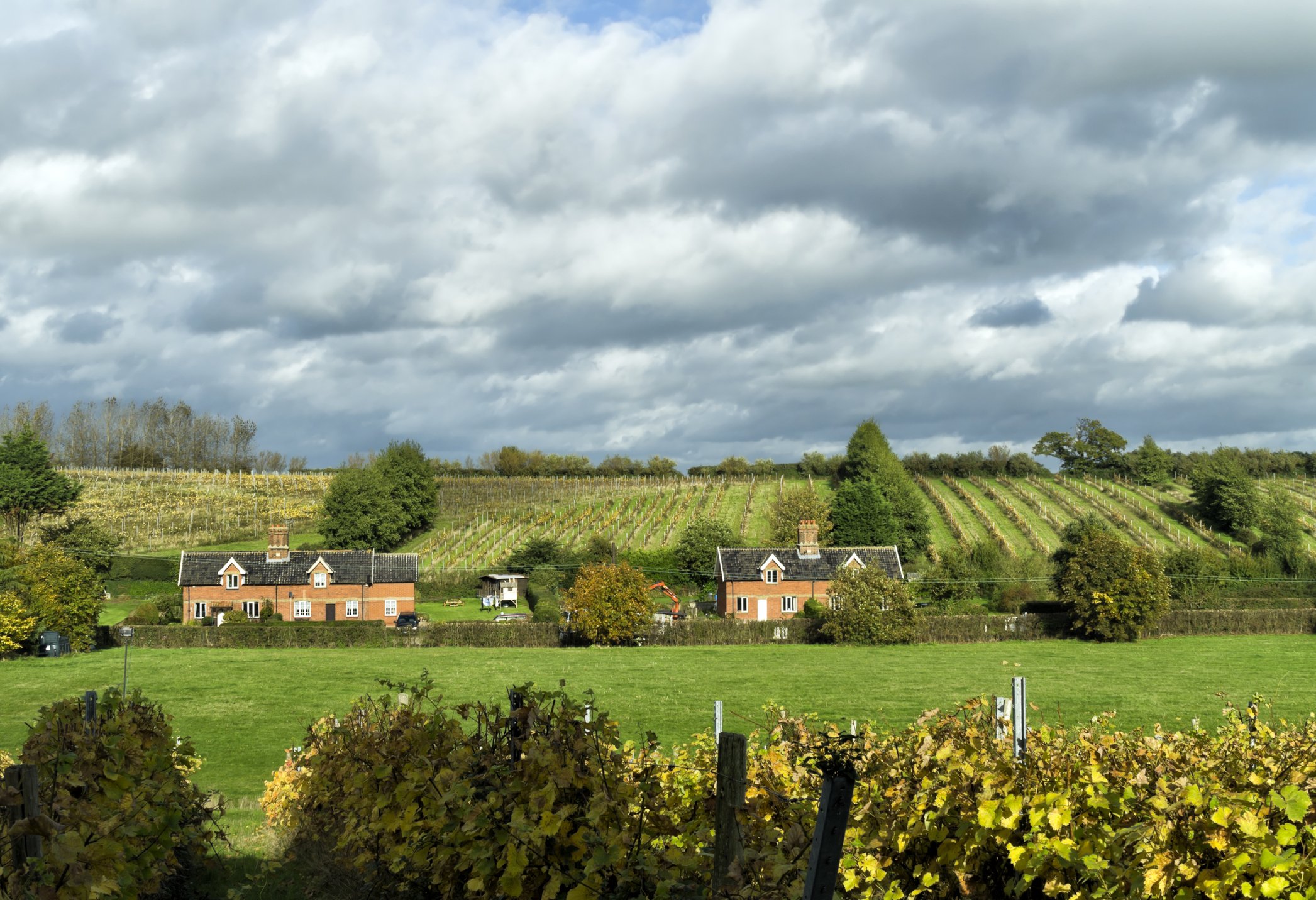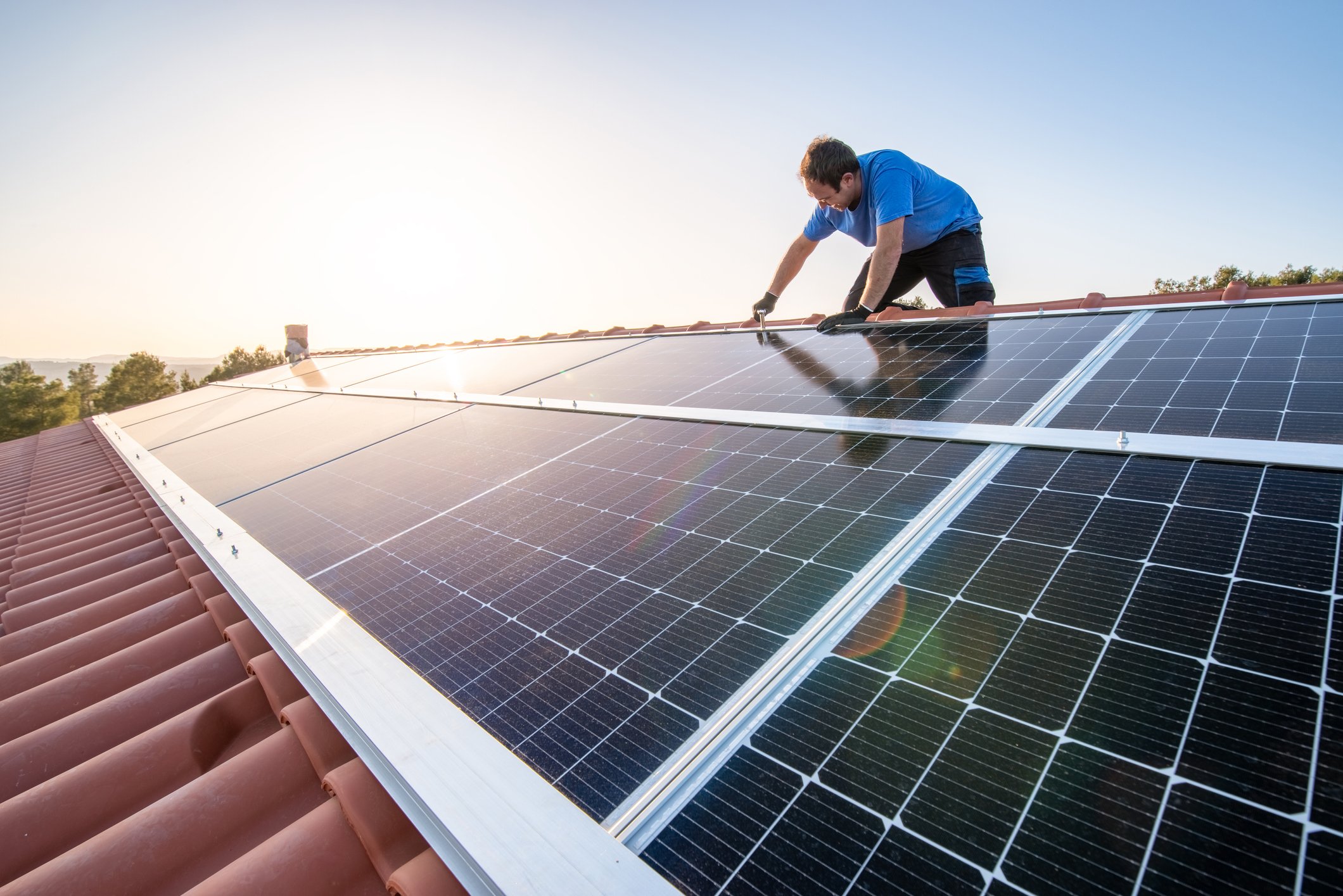
A warm feeling for you
and your tenants
Improve your property and your energy efficiency
Landlords
At Warm Homes Suffolk we are working to make properties across the county as healthy and as energy efficient as possible.
Living in a cold, damp or mouldy home is bad for health and has been linked to a range of heart and lung conditions as well as poor mental health and increased chance of falls.
It has serious implications for vulnerable tenants such as those with medical conditions, children or older people.
By using government funding to implement energy saving measures to inefficient properties with low energy ratings, we can keep Suffolk residents warm and healthy, and reduce our carbon footprint on the way to Net Zero.
The Warm Homes Grant will fully fund upgrades for one property per landlord and any subsequent properties (the second to be upgraded and beyond) owned by the same landlord will require a 50% landlord cost contribution towards the total cost of works.
Property must have an EPC rating of EPC D-E and only F and G that have registered for an exemption. Landlords must meet the Minimum Energy Efficiency Standards (MEES) regulations or have an exemption. It is the responsibility of the Landlord to provide this evidence.
Check your Eligibility
You can get help from Warm Homes Suffolk if your property meets the following criteria:
The rental property has an EPC rating of D, E, F or G.
And your tenant must meet one of the following criteria:
They have an annual household income of under £36,000, before tax
The property is within a pre-qualified postcode area
Someone in the household is in receipt of a means-tested benefit (excluding lodgers or those in full time education)
Someone in the household has a health condition which is affected by living in a cold home, which is either cardiovascular, respiratory,
immunosuppressed, or limited mobility related
If your property is in a pre-qualified postcode area, your tenant does not need to meet the income criteria of the grant scheme. Use our pre-qualified postcode search tool on our website to see if it is in a pre-qualified area.
If you are unsure what the Energy Performance Certificate (EPC) rating is, you can check it here. If you do not have an EPC or it is expired, you need to obtain a new EPC to prove your property qualifies for funding.
Applications must be made by the tenant. If you believe your tenant qualifies, please ask them to apply.
What Help is Available?
The support we provide will depend on your circumstances and the type of property you own. Use the drop-downs below to find out more about the range of measures Warm Homes Suffolk can use to improve the energy efficiency of your property and reduce your tenants’ fuel bills.
-
There are several different types of insulation available to make your property more energy efficient. Many houses can have cavity wall insulation, which fills the gap between the inner and outer layer of bricks.
Homes past a certain age are less likely to have cavity walls, but in these cases we can fit external or internal wall insulation instead to help keep the heat inside.
As heat rises, a significant amount is lost through the roof, which is why loft insulation is so effective, acting as a blanket to keep the heat where it belongs.
Got no loft space because of a flat roof or a loft conversion? Not a problem! There are special types of insulation we can install in these circumstances called room in roof insulation and flat roof insulation.
Whichever form of insulation works best for your property, once it’s in place less energy will be needed to heat it, helping to reduce carbon footprints and keep costs down throughout the colder months. And as an added benefit it will act as a barrier to keep heat out during the summer!
Because insulation is so vital to keeping a property energy efficient, this will always be the first step. Once it is fully insulated we can then look at other measures if necessary.
-
An easy change to make, LED bulbs use only a quarter of the energy that a standard bulb uses. They’re also around 50% more efficient than energy-saving bulbs, and they last longer too – an average LED bulb has a lifespan of 25,000 hours!
-
In certain circumstances we can fit your home with an air source heat pump, paying for the installation.
Air source heat pumps work by using heat from the air outside to heat your home and your water, even at temperatures as low as -15°C.
Air source heat pumps do use electricity to run, but because they extract heat from the environment, the heat output is greater than the electricity input, so they’re far more efficient method of heating your home.
-
Photovoltaic (PV) panels convert sunlight into electricity which can then be used to run your appliances or charge a home battery. Whilst more electricity is generated during late Spring, Summer and early Autumn than at other times, you can generate power at any time of year. It doesn’t even have to be sunny; they’ll quite happily work on a cloudy day. Solar power is a very green form of energy, so not only will it shrink bills, it will reduce your carbon footprint too!
Energy Efficiency in Rented Properties
Energy efficiency improvements can make your property more attractive to tenants by lowering bills and creating a warmer home in the winter and a cooler home in the summer.
As a landlord, you could get one fully funded upgrade to a rental property (a 50% contribution to the total cost is required for subsequent properties) to improve your EPC rating. You’re eligible for help to improve the energy efficiency of your property if:
Your tenants’ gross household income is under £36,000.
The property has an EPC rating of D, E, F or G.
The Minimum Level of Energy Efficiency (MLEE) standard (EPC band E) was introduced in April 2020. This means that landlords cannot let properties covered by the MEES Regulations if they have an EPC rating below E, unless they have a valid exemption in place. Find out more about the standard here.

Call us today to find out more on 03456 037 686

“I have solar on my own property and wanted to get some benefit for my tenants too. Warm Homes Suffolk installed solar panels on all my properties which has helped my tenant’s electricity bills.”
Christine, Lowestoft. Lets out several terraced cottages to long-term tenants.



